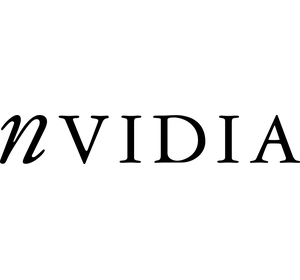$GOOGL $SOXX $QCOM
#GooglePixel9a #Pixel9a #Google #TechStocks #GOOGL #Alphabet #StockMarket #Investing #Smartphones #AI #MobileTech #Semiconductors
The Google Pixel 9a has surfaced in a series of hands-on videos, revealing key upgrades ahead of its expected March 19 launch. The device will feature a flat design, a 48MP camera, and a 5,100mAh battery, setting it up as a strong competitor in the mid-range smartphone segment. These leaks suggest that Google, under its parent company Alphabet ($GOOGL), is making significant strides in solidifying its position in the hardware market. The Pixel 9a’s features indicate a strategic effort to enhance its competitive edge against rival mid-range offerings from Apple and Samsung, while also reinforcing Google’s growing push into artificial intelligence-driven hardware. With smartphone sales showing a recovery after a slower growth period in the industry, this release could bolster Google’s hardware revenues, which remain a small fraction of its overall business but are increasingly seen as a crucial complement to its software and AI services.
A major impact of the Pixel 9a could be within the semiconductor space, especially given Google’s reliance on custom Tensor chips designed specifically to enhance AI-driven applications in its smartphones. The company has been gradually shifting away from overdependence on Qualcomm ($QCOM), designing more in-house chips while still sourcing critical components from semiconductor suppliers. The leaks of the Pixel 9a also come at a time when the broader semiconductor industry, represented by ETF funds like iShares Semiconductor ETF ($SOXX), is experiencing heightened demand driven by AI and mobile computing needs. If Google’s hardware push is successful, it could further support demand growth for chip manufacturers, leading to an increase in supply chain stability and revenue for key players in the semiconductor industry, particularly those involved in smartphone production.
From an investment perspective, Alphabet’s stock performance has largely been driven by its cloud services, advertising business, and AI advancements. However, the Pixel lineup plays a role in reinforcing Google’s ecosystem, providing an alternate growth narrative for hardware sales. Investors may view the Pixel 9a launch as a small but strategic component in the company’s broader ambitions to strengthen its hardware-software integration, akin to Apple’s strategy with its iPhone lineup. If the Pixel 9a gains traction, it may positively influence Alphabet’s hardware revenue stream and ecosystem stickiness, which, in turn, could enhance long-term stock valuation. Moreover, strong sales of the Pixel 9a could further validate Google’s hardware investment, potentially prompting stronger R&D spending in future Tensor chip development.
In the broader tech market, mid-range smartphones have become a critical segment due to shifting consumer buying preferences, particularly in emerging markets where affordability remains a top consideration. With inflationary pressures impacting disposable incomes, demand for feature-rich yet cost-effective devices has surged. The leaks about the Pixel 9a suggest Google is positioning it as a value-packed device that can appeal to global markets, particularly in regions with growing smartphone adoption. Should Google successfully capture market share, it could influence competitor pricing strategies and hardware development while reinforcing Google’s push toward integrating AI capabilities in everyday consumer devices. Looking ahead, the Pixel 9a’s performance in market sales will play a key role in determining Alphabet’s broader investment in hardware, and investors will likely monitor its impact on Google’s revenue diversification strategy.











Comments are closed.